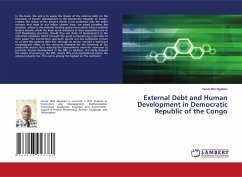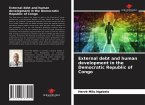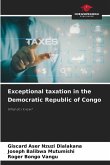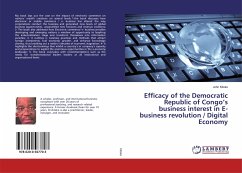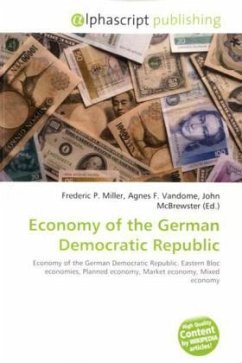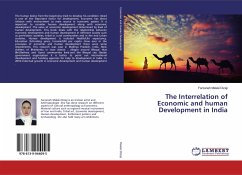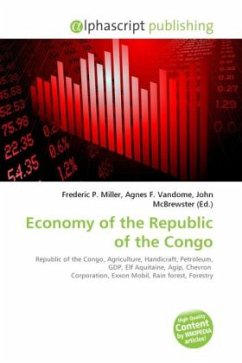In this book, the aim is to assess the impact of the external debt on the financing of human development in the Democratic Republic of Congo. Indeed, the choice of the present theme is not accidental. Like the major concern that most of our fellow citizens have, we asked ourselves the question, where is the external funding going from which African political leaders benefit, while the basic social indicators of their populations are to red? Developing countries, should they not think of development as the industrial revolution which brought the great contemporary economies to their peak? The econometric approach carried out has sufficiently proven to us that this external debt has, through its service, exerted a significant crowding-out effect on the resources intended for the financing of the productive sectors, thus reducing the Government's room for maneuver to promote. human development in the DRC. In addition, this study showed the extent of poverty in the DRC, where 70% of households live below the national poverty line. This rate is among the highest on the continent.

